Roll For Insight: Dungeons & Dragons In Therapy
March 15, 2019 by dracs
A few weeks ago, I wrote a Roll For Insight article on how some teachers have started to use Dungeons & Dragons in the classroom. In my research for that, I came across something rather interesting. It's not just classrooms D&D has started appearing in, the classic RPG has also been seeing use in therapy sessions.
Reports on Dungeons & Dragons being used to supplement and inform therapy sessions is something that has been gaining a lot of attention. It has been reported on by the BBC, Kotaku, and Psychology Today, and there are a number of groups dedicated to furthering the use of tabletop gaming as a directed therapeutic practice, such as The Bodhana Group and Game to Grow.
It has been used effectively to treat a number of mental health problems, such as social anxiety and behavioural issues, and was even used by the Bodhana Group's Jack Berkenstock in the providing mental health to young offenders at a male juvenile treatment facility, including sexual offenders.
With cases like this in mind, I had to ask, what makes Dungeons & Dragons such an effective therapeutic tool?
Mental Dungeons & Psychic Dragons
Now, the reasons why Dungeons & Dragons are an effective tool are many and varied. The subject of mental health is a large and subjective one. What works for one person in their treatment may not be what another needs. However, there are two main points with D&D that I would like to touch upon here, namely the social and the emotional.
Let’s start with the social. One of the primary ways Dungeons and Dragon can help in therapy is that which sets it aside from hobbies like video games; it is a communal experience. To play Dungeons & Dragons, you have to socialise. It doesn't matter if it's online or across a table, pen and paper role playing games bring people together.
The benefits of this are something we have talked about before on the site. In her Roll For Insight article Why Gaming Unites Us, Cass discussed how tabletop gaming helps to combat extreme loneliness. She pointed to the example of Billy Brown, a gamer who experienced extreme social isolation and has since designed a role-playing game to help others going through the same experience.
Dungeons & Dragons can be especially useful for those with extreme social anxiety or shyness. Games to Grow co-founder Adam Davis recalled one particular case to Kotaku's Cecilia D'Anastasio of a teenager who barely spoke above a whisper.
In their game, the teenager took on the role of a loud dwarf barbarian. Davis encouraged the player to mimic the Dwarf's body language, slamming his elbows on the table and in general experimenting with new ways of communication and behaviour they might not have been able to do so in a different setting.
Inspirational Teamwork
It also helps inspire self-worth, as each player finds that they have skills they can bring to the table. Games to Grow co-founder Adam Johns explained to Kotaku how...
"For someone who never leaves their house except for school, to have a peer say, ‘I need your help picking a lock’ makes a huge difference."
This is further enhanced by the feeling of acceptance the players might find. In his 1994 case report in the American Journal of Psychotherapy, Wayne D. Blackmon described the effect his acceptance of a nineteen year old's Dungeons & Dragons fantasies had and how "much of his feeling of self-worth began with my first acceptance of his Dungeons & Dragons fantasies."
Blackmon’s report, detailing the treatment of “Fred”, a white college student with an “obsessional, schizoid personality” brings us on to the next point where D&D can be of benefit, its emotional resonance.
Blackmon describes how Fred joined a number of different games, relating the experiences back to his therapist. They began to use these experiences projectively, discussing the characters’ motives, thoughts, and feeling and whether or not Fred had ever had such feelings and what situations might they have arisen in.
In this manner, Dungeons & Dragons provided Fred with a safe space in which to experience emotions, especially ones which he himself might have felt threatened by, and furthermore provided him the means by which to communicate them.
“He stated that he had been able to experience the full range of feelings from hate to love in therapy, first displaced, then toward me, and that my tolerant, encouraging attitude allowed him to develop the sense that these emotions are permissible. This helped him to gain mastery of these feelings. It further led him to state that it gave him a sense of being “OK.”
Emotional Exercises
Furthermore, D&D provides a safe outlet for emotions that one might otherwise struggle to exorcise. Blackmon describes Fred working through feelings of “murderous rage”, loss, and separation within the context of D&D and how it provided “a vehicle for the safe emergence of feeling within the context of organising rules.”
These emotional benefits are also something noted upon by Jack Berkenstock, who described to Kotaku his D&D games at the all-male juvenile treatment facility:
“We started to see kids who had issues from their families bringing that into the game. It’s called ‘bleed’: how much does your personal identity impact the character you’re playing? And how much does your character impact you as a player?”
Bleed is a topic that I may very well have to return to for a future Roll For Insight. There are many different types of bleed and it can have both benefits and dangers. It is something I myself have experienced in the context of LARP, and if you are interested in knowing more I would recommend LARP House’s own video Character Bleed 101 where she went over some of them along with Tara Myers of the Centre for Evidence-Based Treatment.
Often when we hear about character bleed it can be in negative terms. Ideas of people getting lost in their characters and other such concepts left over from those halcyon days of the Satanic Panic. However, it can be very useful in providing you with a fresh perspective and insight, as well as emotional catharsis.
If you have trouble with confidence, playing an overly confident character can help ease your own anxiety as you try out more confident behaviours within a safe space, and are then able to consider how your character might approach a situation in everyday life.
Being confronted with the consequences of your raid upon a village or thinking how a character radically different to yourself might approach something serves to provide you with a new perspective that you might then apply to your own life.
Has D&D Helped You?
There are many other ways that Dungeons & Dragons can be utilised within therapy, ranging from exposure therapy to the simple, satisfying fun of taking on puzzles and challenges outside of your lived experience. Role-play has been used in a therapeutic context for a long time, but in Dungeons & Dragons we find something that provides not only rules and structure to build upon, but also the hook of an adventure to help engage our minds and approach problems in an abstract way, divorced from those elements that we might otherwise find too distressing.
While I doubt we will ever see it become a mainstream tool, it is good to see the benefits of tabletop gaming being explored and further utilised to help people overcome their own internal monsters.
If you want to find out more about how roleplay can benefit mental health, I would recommend checking out these sources:
- The Bodhana Group
- Game to Grow
- LARP House: Character Bleed 101
- LARP House: How Larp Helped Cure My Anxiety
- The Past, Present, and Future of Therapeutic RPGs
- Kotaku: Therapists Are Using Dungeons & Dragons To Get Kids To Open Up
- Psychology Today: The Role of Anxiety Master
- BBC: Dungeons & Dragons Is Now Being Used As Therapy
- Wayne D. Blackmon, M. D., Dungeons and Dragons: The Use of a Fantasy Game in the Psychotherapeutic Treatment of a Young Adult
- Roll For Insight: Why Gaming Unites Us
Tell us if you've seen D&D help others in similar ways in the comments below...
Supported by (Turn Off)
Supported by (Turn Off)
Supported by (Turn Off)





























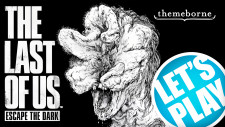

![TerrainFest 2024 Begins! Build Terrain With OnTableTop & Win A £300 Prize! [Extended!]](https://images.beastsofwar.com/2024/10/TerrainFEST-2024-Social-Media-Post-Square-225-127.jpg)

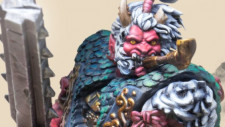
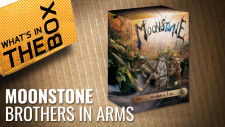








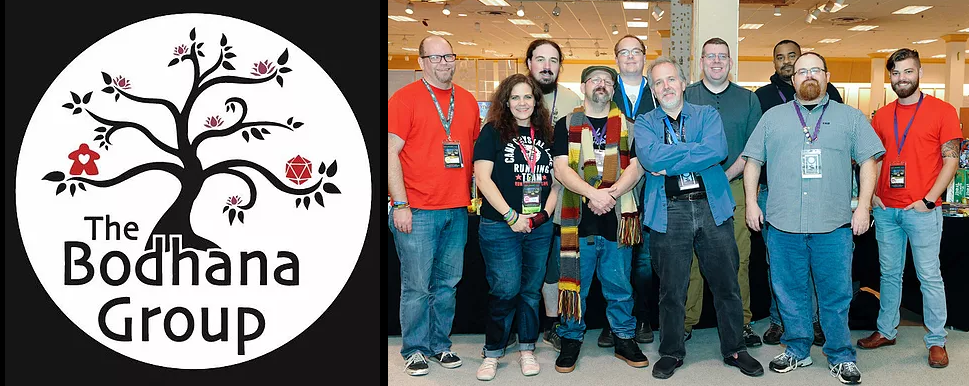


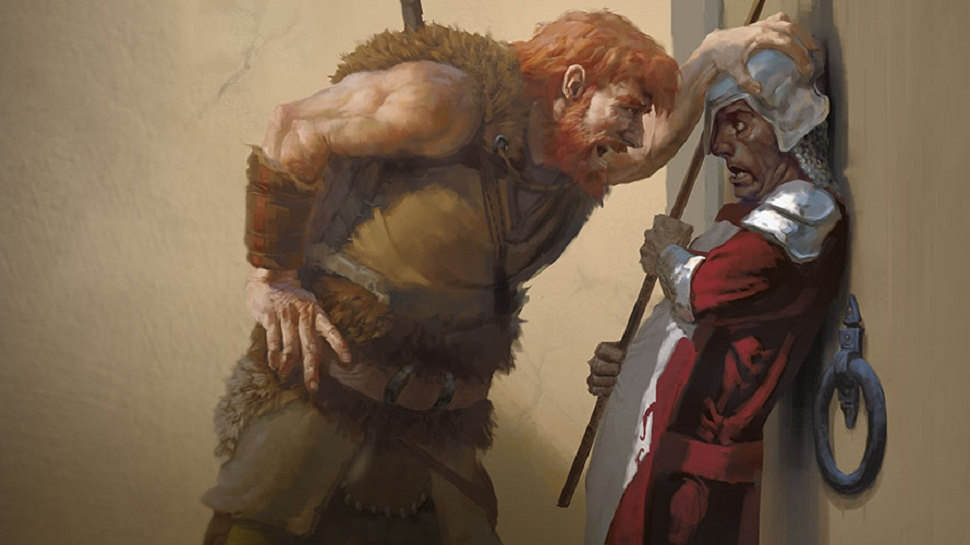
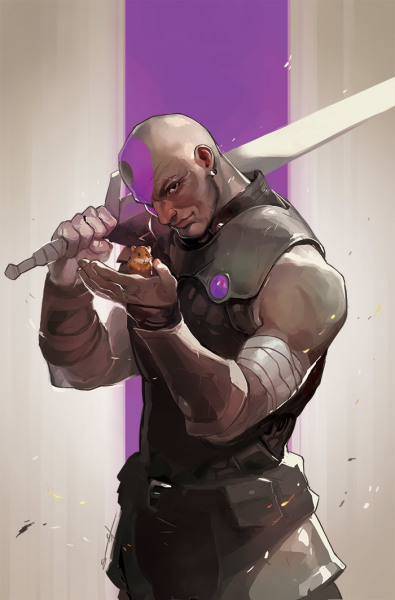

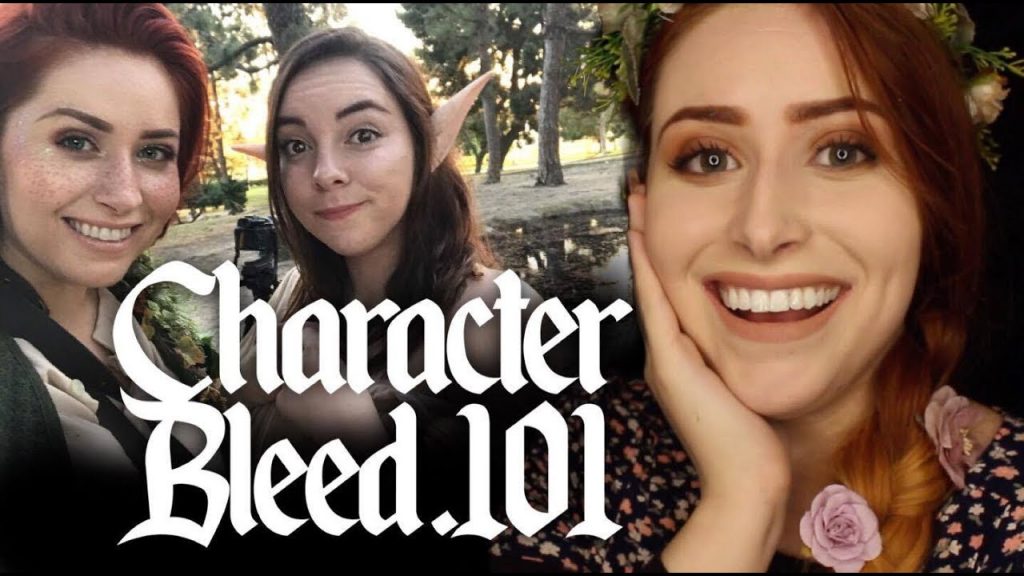



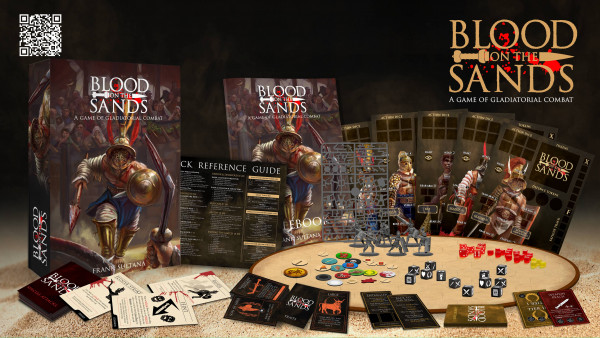
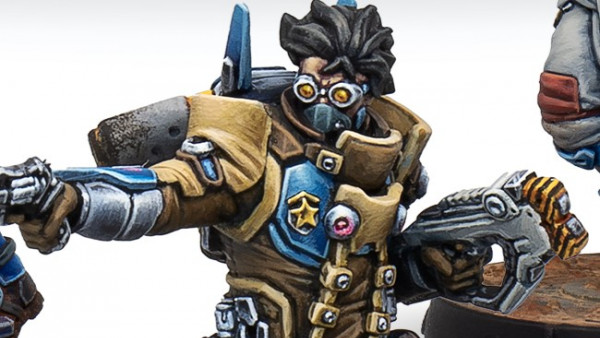

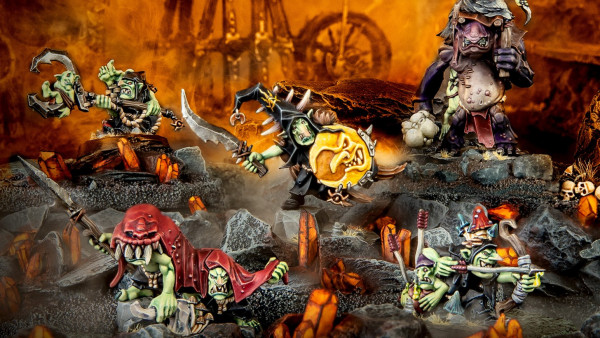
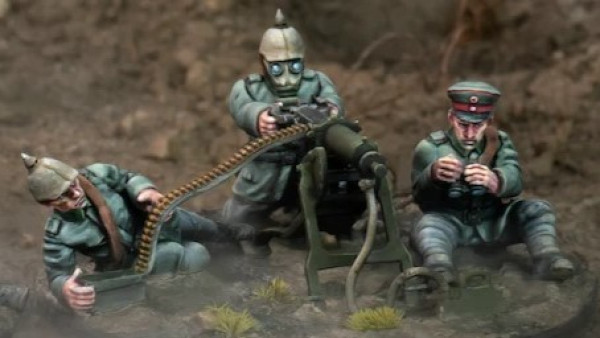
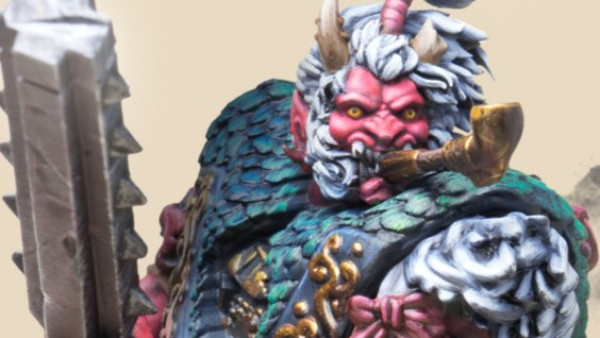
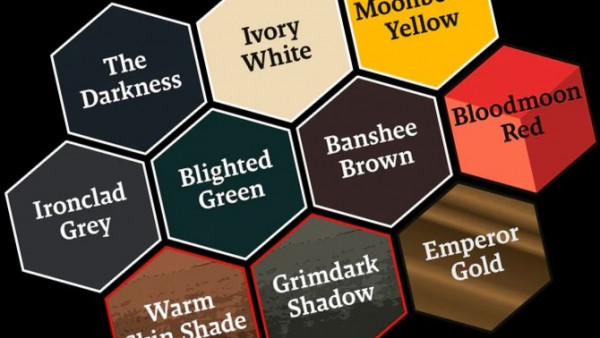
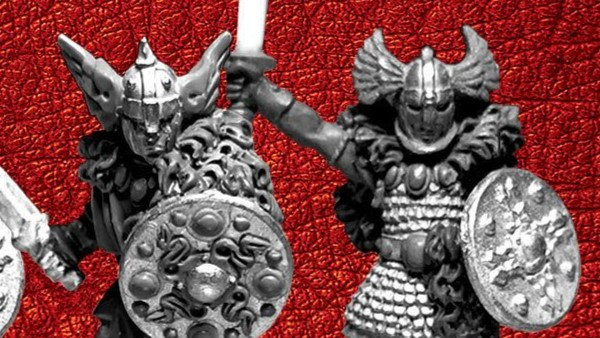
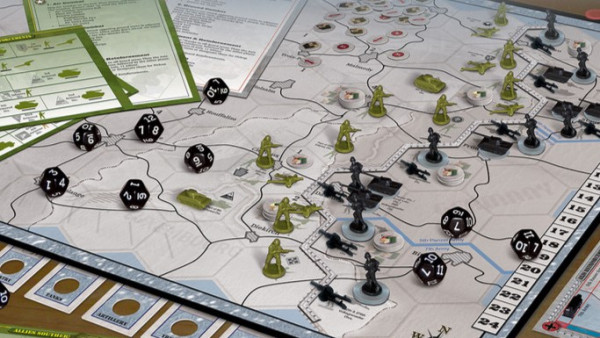
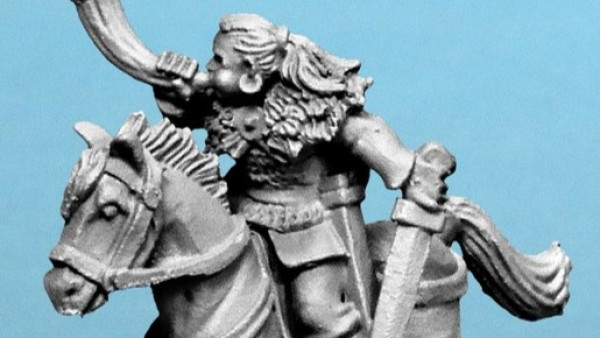









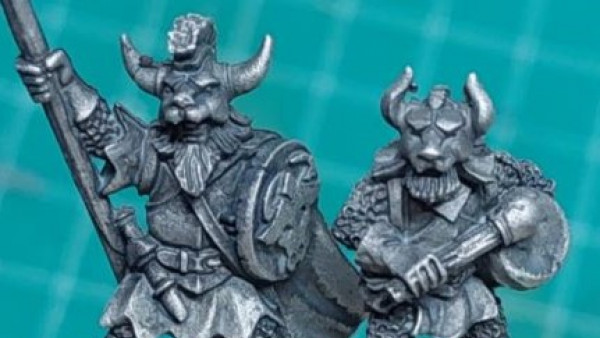

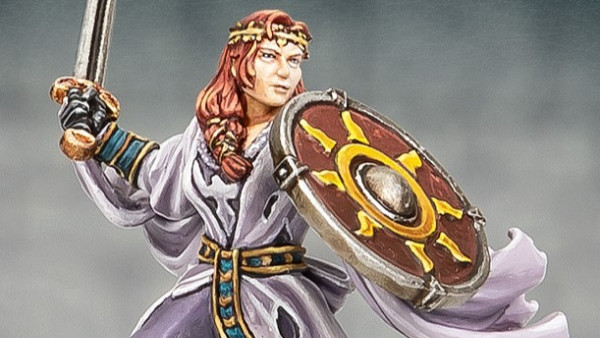
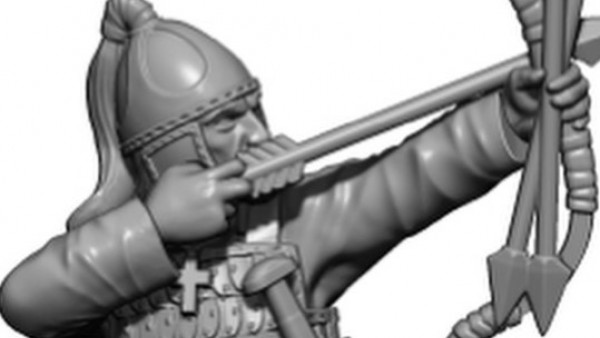
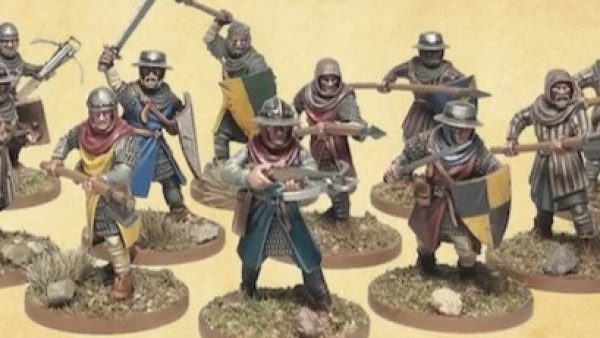
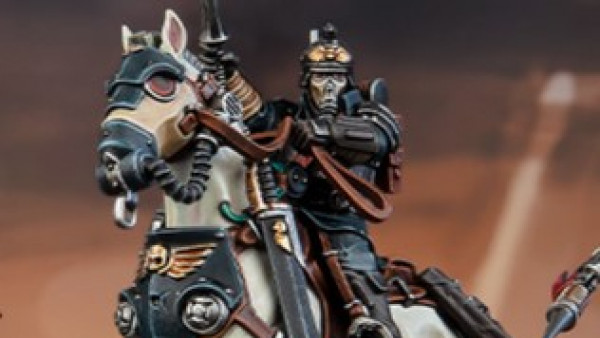
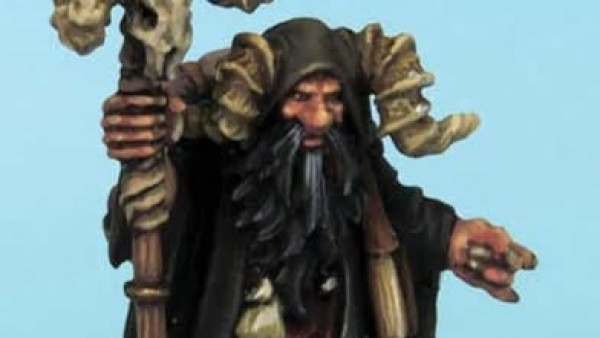
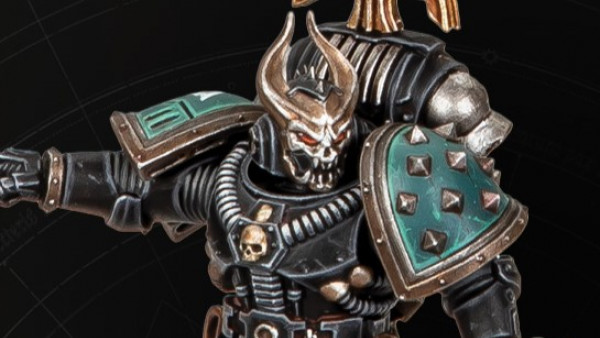
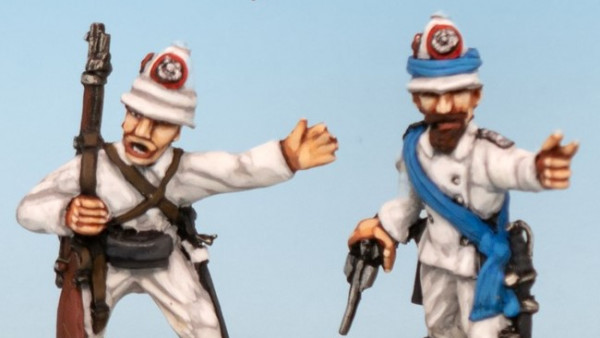
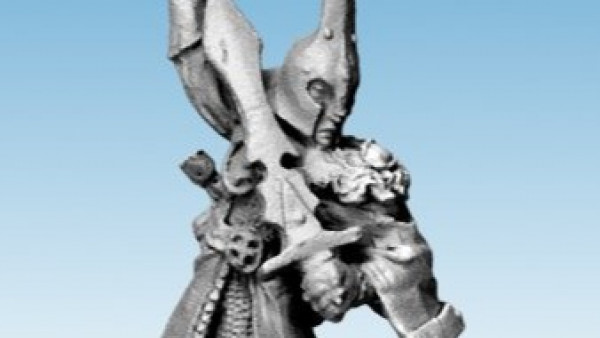
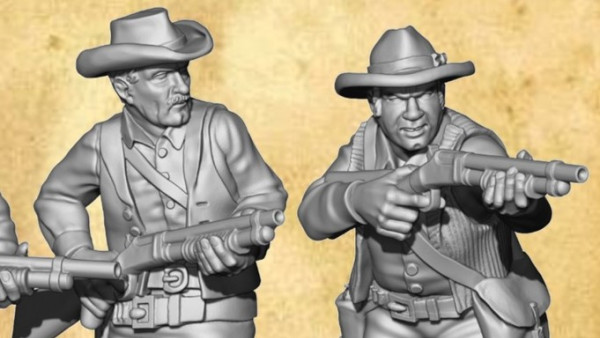


This is in stark contrast of the dark days of gaming when groups like BaDD tried to target RPG’s in order to link them to suicides, satanism and the occult.
link :
http://theescapist.com/BADDbook.htm
http://www.theescapist.com/basic_gaming_faq.htm
an interesting article another thing to consider is if people are thinking about game problems their current problems could be forgotten about relieving stress to a degree ?
Isn’t that the point of any hobby though ?
Very true but other people it may be running or sport, fishing, crosswords, that some people use
Before anyone gets carried away, scale models have also been used for Therapy. There’s a charity called models for heroes that donates model kits and runs group sessions for ex servicemen who are suffering with mental health problems such as PTSD. I think that it’s probably the D&D but the act of doing something collaborative and/or creative. It’s about learning to use your mind and intelligence in a positive and creative way rather than a negative destructive way. I think you could probably take a great many different hobbies and achieve very similar results (I have seen music and cycling… Read more »
Many RPGs encourage violence and reward it… we call it XP… that’s not necessarily the right message for some people.
Nor is ‘looting bodies’ then leaving them to rot while you go kill someone else.
And as @onlyonepinman pointed out, hobbies are therapeutic. Painting minis helps me relax, but moving them around on the battlefield can be an intense experience.
that’s why you need a competent DM who rewards creative solutions especially in a game that is meant to be part therapy (we can’t have ex gang members planning a robbery ;-)).
Besides … even D&D doesn’t say you need to kill the monsters to get the XP.
It says you need to defeat them (or at least that’s how I remember it)
Defeat comes in many different shapes and sizes.
Violence is simply the easiest and most direct option available.
Clearly you’ve not met my players… violence is not the easiest option… they suck at dice rolling, especially in combat.
And you’re right, defeat is all that’s needed, not killing.
Personally, I think D&D is not the right game… something more pulpy might be a better choice. You can pull a punch to avoid killing, but a fireball is another matter.
And an investigative game (perhaps not Cthulhu given the madness associated with it) would encourage social skills and problem solving.
But that’s just my opinion.
You can run an investigative game in D&D … just start them at level 0 with the bare minimum of hitpoints and watch them re-roll characters if they keep thinking that violence is an option.
Left untreated the feeling of dread toward clearly clamors can without much of a stretch transform into a fear (an extreme, industrious and unreasonable trepidation reaction to upgrades). Fortunately these apprehension related issues can be Beagles for sale effectively settled with the right preparation and bunches of tolerance.